Ferrari Engine for Sale: Ultimate Guide for Buyers, Collectors, and Enthusiasts
When it comes to performance, heritage, and craftsmanship, Ferrari engines are the pinnacle of automotive engineering. Whether you’re restoring a classic model, upgrading your supercar, or simply collecting high-performance engines, finding a Ferrari engine for sale can be a thrilling yet complex endeavor. This comprehensive guide covers everything you need to know—from types of Ferrari engines to where to buy, what to check, pricing insights, and frequently asked questions.
Table of Contents
-
Why Buy a Ferrari Engine?
-
Types of Ferrari Engines Available for Sale
-
Where to Find Ferrari Engines for Sale
-
Factors to Consider Before Purchasing
-
Ferrari Engine Prices: What to Expect
-
Authenticity and Documentation
-
Legal Considerations and Importation
-
Installation and Compatibility
-
Maintaining and Servicing a Ferrari Engine
-
FAQs About Buying Ferrari Engines
Why Buy a Ferrari Engine?
Ferrari engines aren’t just about raw power—they represent a legacy of excellence, precision engineering, and passion for speed. Here are several reasons why collectors, racers, and restorers look for Ferrari engines for sale:
-
Performance: Ferrari engines are built for top-tier performance on track and road.
-
Collectibility: Rare engines from vintage models (like the Ferrari 250 GTO V12) are collector’s items.
-
Restoration: Essential for restoring classic Ferraris to original condition.
-
Customization: Ideal for engine swaps or building high-performance custom vehicles.
-
Investment: Ferrari parts, especially engines, often appreciate in value over time.
Types of Ferrari Engines Available for Sale
Ferrari has developed a wide range of legendary engines over the decades. Here are the most popular types you might find for sale:
1. V8 Engines
Used in models like the Ferrari 458, 488, and F8 Tributo. These engines are compact yet powerful, often featuring twin-turbo technology.
2. V12 Engines
Iconic and naturally aspirated, V12s are used in cars like the Ferrari 812 Superfast, Daytona, and the Enzo. V12 Ferrari engines are revered for their sound and smooth delivery.
3. Flat-12 Engines
Seen in models such as the Ferrari Testarossa and 512 TR, these engines are wide and flat, offering a low center of gravity for mid-engined supercars.
4. Hybrid Engines
Ferrari’s newer offerings like the SF90 Stradale include V8 hybrid powertrains, combining electric motors with turbocharged engines for extreme performance.
5. Racing Engines
Engines from F1 or Le Mans race cars occasionally hit the market. These are rare and expensive, often used in racing museums or high-end restorations.
Where to Find Ferrari Engines for Sale
Buying a Ferrari engine isn’t like ordering a typical car part. Here are the best places to find genuine Ferrari engines:
1. Authorized Ferrari Dealers
Some Ferrari dealerships can source engines, especially for repairs or replacements under Ferrari Classiche.
2. Reputable Online Marketplaces
-
eBay Motors
-
Bring a Trailer
-
RacingJunk
-
Car-Part.com
Search for listings with verifiable part numbers and seller reviews.
3. Specialty Salvage Yards
Some performance-focused salvage yards specialize in Ferrari and exotic car parts. Example: Eurospares (UK), Ferrparts (USA), Exotic Auto Recycling.
4. Forums and Ferrari Communities
FerrariChat.com and other online forums are excellent places to connect with enthusiasts and sellers.
5. Auctions and Collectible Sales
RM Sotheby’s, Barrett-Jackson, and Bonhams often sell vintage Ferrari engines as collectible items.
Factors to Consider Before Purchasing
Buying a Ferrari engine is a significant investment. Consider the following factors before you commit:
1. Engine Condition
-
New: Rare and expensive.
-
Used/Running: Generally tested and in working condition.
-
Rebuilt/Refurbished: Overhauled with new parts.
-
Core/Non-Running: Needs rebuilding; good for parts or restoration projects.
2. Compatibility
Ensure the engine matches your Ferrari’s model and year. VIN numbers, engine codes, and ECU compatibility are essential checks.
3. Mileage and Usage
Lower mileage engines are more desirable. Race-used engines may have higher wear even with fewer miles.
4. Engine Serial Numbers
Confirm the engine’s identity with Ferrari documentation or Classiche Certification.
Ferrari Engine Prices: What to Expect
The price of a Ferrari engine varies dramatically depending on model, condition, and rarity.
| Engine Type |
Price Range (USD) |
| Ferrari V8 (F430, 458) |
$10,000 – $40,000 |
| Ferrari V12 (599, 812) |
$25,000 – $80,000 |
| Vintage V12 (250 GTO, Daytona) |
$100,000 – $500,000+ |
| Hybrid (SF90, LaFerrari) |
$60,000 – $200,000 |
| F1 Race Engine |
$250,000 – $1,000,000+ |
Prices vary depending on condition and availability. Always verify engine authenticity and functionality before paying.
Authenticity and Documentation
Original Ferrari engines often have a serial number or engine code stamped on the block. To verify authenticity:
-
Request photos of engine stamps.
-
Cross-reference numbers with Ferrari’s production data.
-
Ask for original documents, build sheets, or Classiche certification.
-
Buy from trusted sellers or licensed Ferrari parts resellers.
Legal Considerations and Importation
If you’re buying a Ferrari engine internationally, check:
-
Import regulations in your country.
-
Customs duties and taxes—performance parts can be highly taxed.
-
EPA/DOT regulations if installing in a vehicle to be used on U.S. roads.
-
Export licenses, especially for rare or vintage items from Europe.
Installation and Compatibility
Installing a Ferrari engine requires expert mechanics, especially if it’s an engine swap or restoration.
Common Issues:
Best Practices:
-
Work with a Ferrari-certified mechanic.
-
Use OEM parts and software.
-
Ensure full compatibility before purchase.
Maintaining and Servicing a Ferrari Engine
Once installed, proper maintenance is key to keeping a Ferrari engine running flawlessly.
Maintenance Tips:
-
Use high-performance synthetic oils (Shell Helix Ultra, etc.).
-
Replace belts and timing chains on schedule.
-
Store in a temperature-controlled, low-humidity garage.
-
Perform diagnostics regularly.
Service Costs:
-
Oil change: $300–$700.
-
Major service (timing belts, fluids, etc.): $3,000–$10,000+ depending on model.
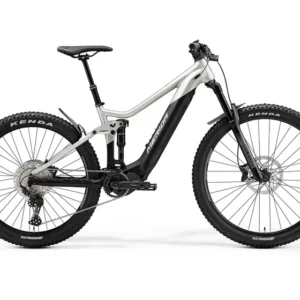 Merida eOne Sixty 500 Electric Mountain Bike
1 × $100.00
Merida eOne Sixty 500 Electric Mountain Bike
1 × $100.00 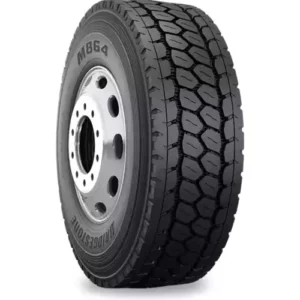 Bridgestone m864 Tire
1 × $760.00
Bridgestone m864 Tire
1 × $760.00 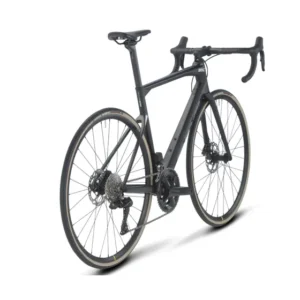 BMC Roadmachine FIVE Road Bike
1 × $100.00
BMC Roadmachine FIVE Road Bike
1 × $100.00 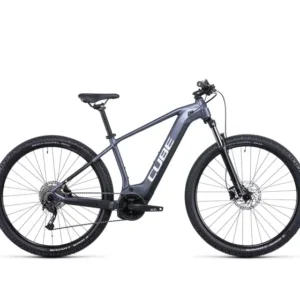 Cube Reaction Hybrid Performance 400 Electric Mountain Bike
2 × $100.00
Cube Reaction Hybrid Performance 400 Electric Mountain Bike
2 × $100.00 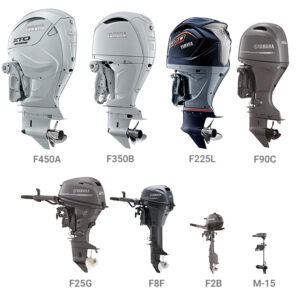 Yamaha Outboard Motors
1 × $1,660.00
Yamaha Outboard Motors
1 × $1,660.00 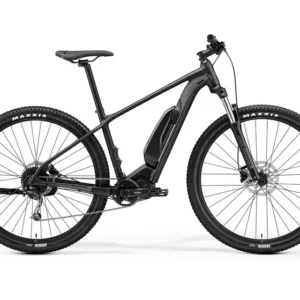 Merida eBig Nine 300 SE Electric Mountain Bike
2 × $100.00
Merida eBig Nine 300 SE Electric Mountain Bike
2 × $100.00 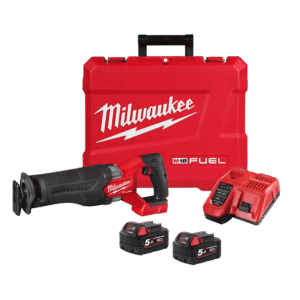 M18 FUEL Sawzall Reciprocating Saw
2 × $249.00
M18 FUEL Sawzall Reciprocating Saw
2 × $249.00  Cube Hyde Pro Hybrid Bike
1 × $100.00
Cube Hyde Pro Hybrid Bike
1 × $100.00 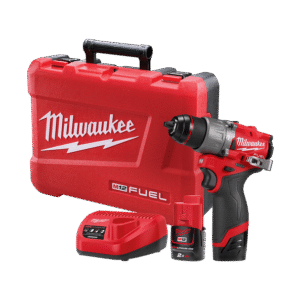 M12 Drill/Driver
1 × $199.00
M12 Drill/Driver
1 × $199.00 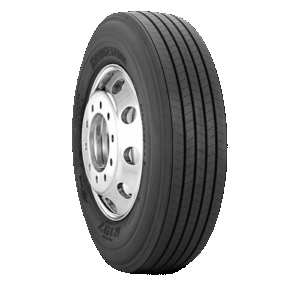 bridgestone r197 Tire
1 × $760.00
bridgestone r197 Tire
1 × $760.00 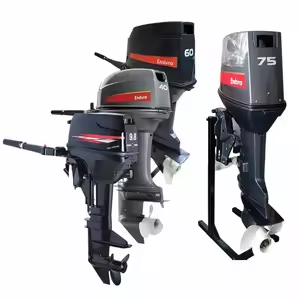 volvo penta outboard motors
1 × $2,390.00
volvo penta outboard motors
1 × $2,390.00 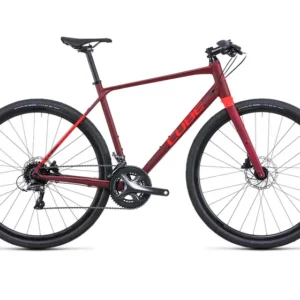 Cube SL Road Flat Bar Road Bike
1 × $100.00
Cube SL Road Flat Bar Road Bike
1 × $100.00 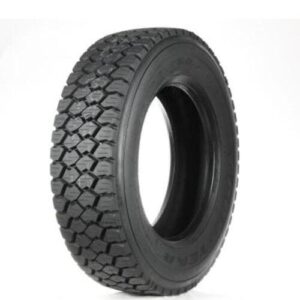 Goodyear G622 RSD 255/70R22.5 H/16PLY
1 × $764.13
Goodyear G622 RSD 255/70R22.5 H/16PLY
1 × $764.13 
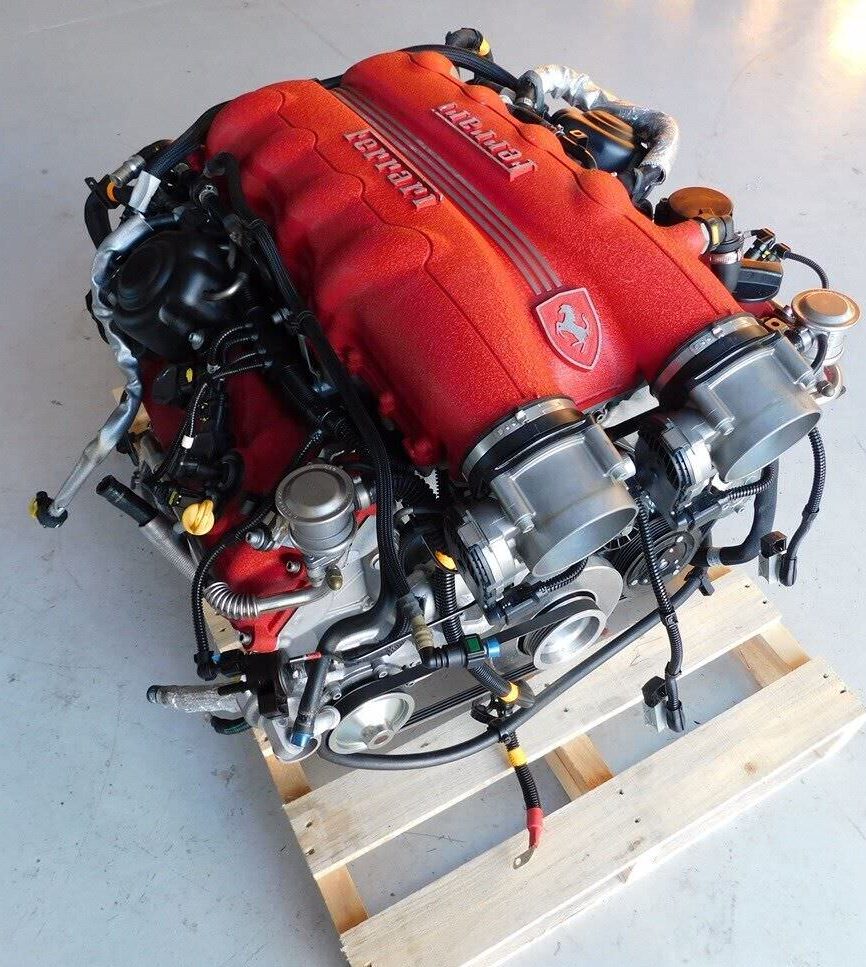
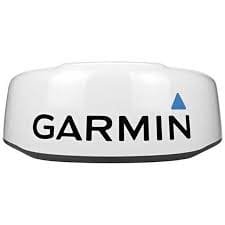
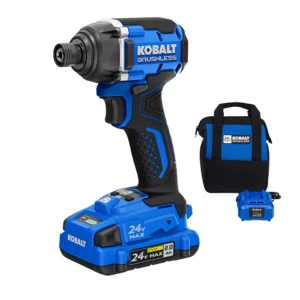

There are no reviews yet.